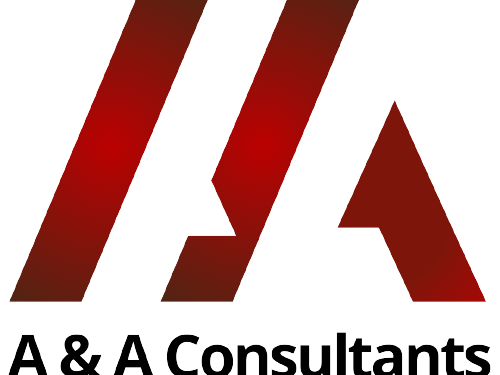There are currently 33.2 million small enterprises in the United States. Maintaining some financial distance between your personal and business finances is often recommended, although not strictly necessary. A business bank account, for instance, can provide certain legal protections if you run a limited liability company (LLC), as it creates the necessary financial distance between your firm and yourself.
The next step is to open the account if you believe that having a business bank account is a smart decision. Check out this guide on opening a business bank account.
Additionally, see whether any other convenience features are available. It can be useful to have access to ATMs, bookkeeping platforms, Automated Clearing House capabilities, and payment processing, especially credit card payment processing for customer purchases.
It’s a good idea to pick a bank that offers cutting-edge mobile and internet banking capabilities. It can simplify account management, therefore it’s important to take it into consideration.
Lastly, be sure the bank provides excellent customer service by reading reviews. In this manner, you can be sure you can get the help you need in case it’s needed.
Bank Account.
The services you require may change based on the kind of business you run. A business checking account with minimal fees and multiple ways to pay bills is adequate for some businesses. Certain businesses could benefit more from merchant accounts because they typically include additional payment processing services that let the business accept credit and debit cards from clients when they make purchases.
Extras like fraud insurance cover make sense to include in certain situations. These prevent monetary losses and damage to a company’s credit rating in the event of fraud. Similarly, payroll processing simplifies the management of employee paychecks and associated duties, while financial advice services are useful if a business has complex financial demands and want to invest.
Which Documents Do I Need?
To open a business bank account, you often need to provide a combination of personal and business-related papers. This guarantees that the business entity itself and a suitable company member, like the owner, are clearly connected.
Usually, a government-issued ID, your contact details, your date of birth, and your Social Security Number (SSN) are required. Depending on their ownership share, information regarding any additional owners may also be required.
Usually, you have to provide your employment identification number (EIN). Formal documentation pertaining to the business entity is typically required as well. Examples of this type of documentation include articles of organization, operational agreements, business licenses, formation documents, partnership agreements, and name registrations.
Getting Around the Application Process.
The application procedure is usually simple. Simply bring the necessary information and accompanying documents to a convenient bank location of your choice. Once there, the teller or a business bank account professional can help collect the information and submit the application, which usually results in a fairly rapid process.
The final step is to complete the business opening account form and send it in with the necessary paperwork. After gathering your documents, a banking officer will forward them to their main branch or head office for additional action. Finally, you must pay a fee to the specified branches of the bank of your choice. The activation of your checking account will happen within seven to fifteen business days.
Any firm may profit greatly from having a business bank account, no doubt. It is crucial to comprehend your needs prior to creating a business account. Because of this, it is advisable to thoroughly investigate the various services provided by several banks before selecting one to open a business account with.
When you’ve chosen the bank, go to the branch that is nearest to your place of employment, describe your needs to the staff member handling account opening, and request the account that best suits your company’s needs.













